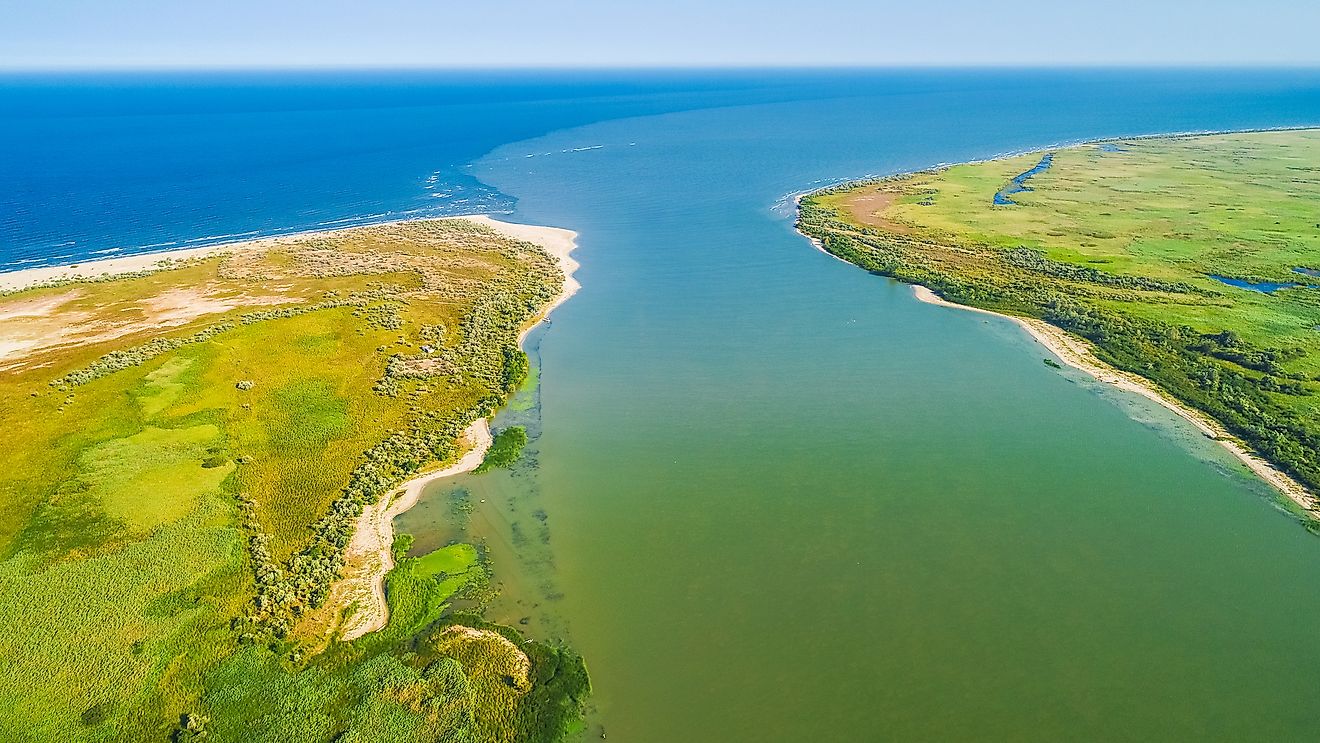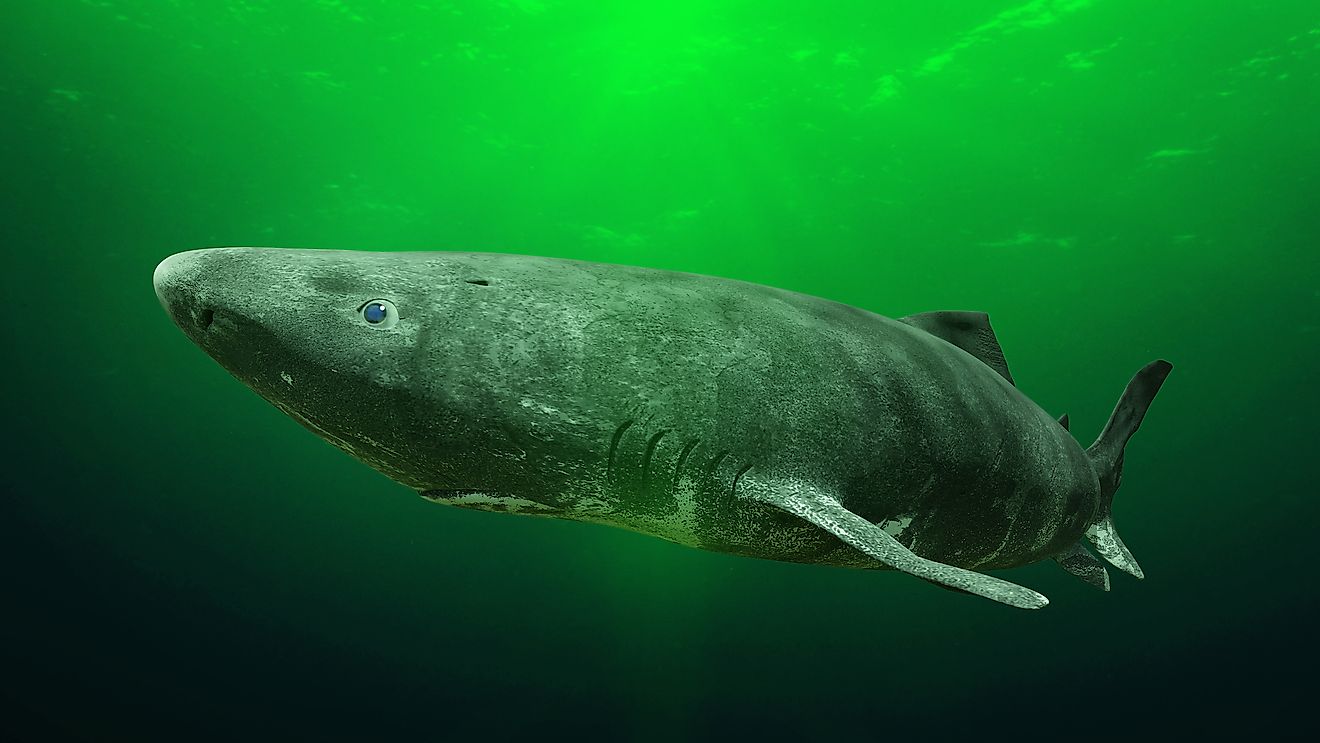What Is A Concordant Coastline?

A concordant coastline is an arrangement of rock strata along the coastline. It is also known as Pacific type coastline, longitudinal coastline, or Dalmatian coastline. Concordant coastlines form coves, which are round areas of water that have narrow entries from the sea. These coastlines may lead to the formation of either Dalmatia landforms or Haffs (also called lagoons). By contrast, when the rock strata are perpendicular to the coastline, the coast is referred to as discordant.
Formation Of Coves
As stated earlier, coves are formed out of concordant coastlines. The process begins with seawater hitting on the coastline. As it does so continually, the hard rocks resist erosion resulting in the protection of the soft rocks. However, when the hard rocks punctured by either faults or ridges, inland soft rocks yield to erosion. Consequently, the water from the sea sweeps away the soft rocks leaving behind a circular land formation known as a cove. An example of a popular cove situated in a concordant coastline is the Lulworth Cove. The cove is located in a South West England County known as Dorset that is found along the English Channel. The hard rock that forms Lulworth Cove is called the Portland limestone and chalk whereas the soft rock is clay.
Differences Between Concordant And Discordant Coastlines
The first difference between concordant and discordant coastlines is that the concordant coastlines are composed of similar rock types whereas, in the case of discordant coastlines, the rocks are of different kinds. Secondly, erosion of concordant coastlines results in the formation of coves while the erosion of discordant coastlines results in headlands and bays. The headlands are formed by the hard rocks such as limestone and chalk while the bays are formed as a result of the sweeping away of the soft rocks like clay and sand. Examples of discordant coastlines are Bantry Bay and Dingle Bay found in Ireland while an example of a concordant coastline is Lulworth Cove.
Thus, a concordant coastline refers to a coastline that is made up of the same kinds of rocks and arranged parallel to the coast of the sea or ocean.











